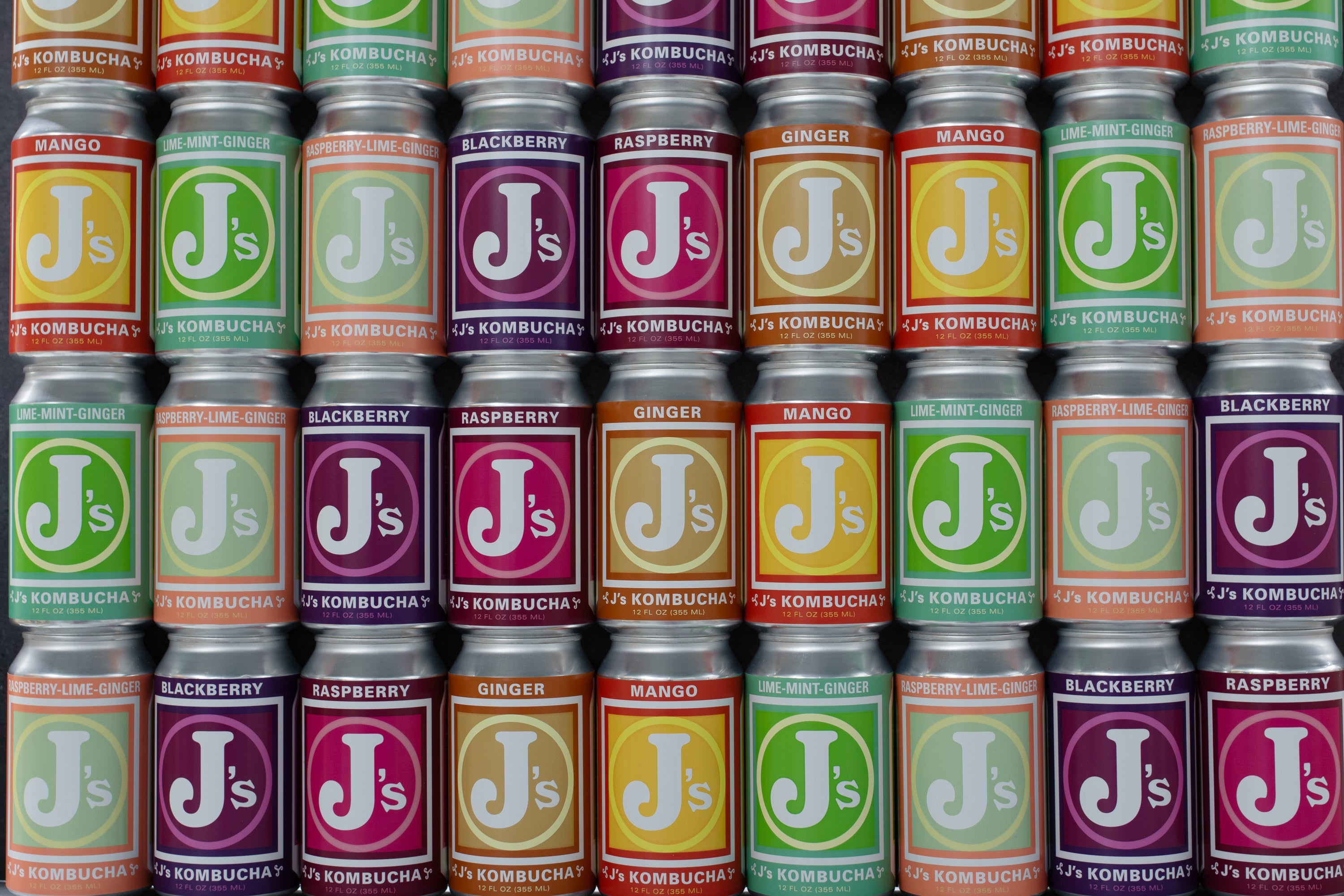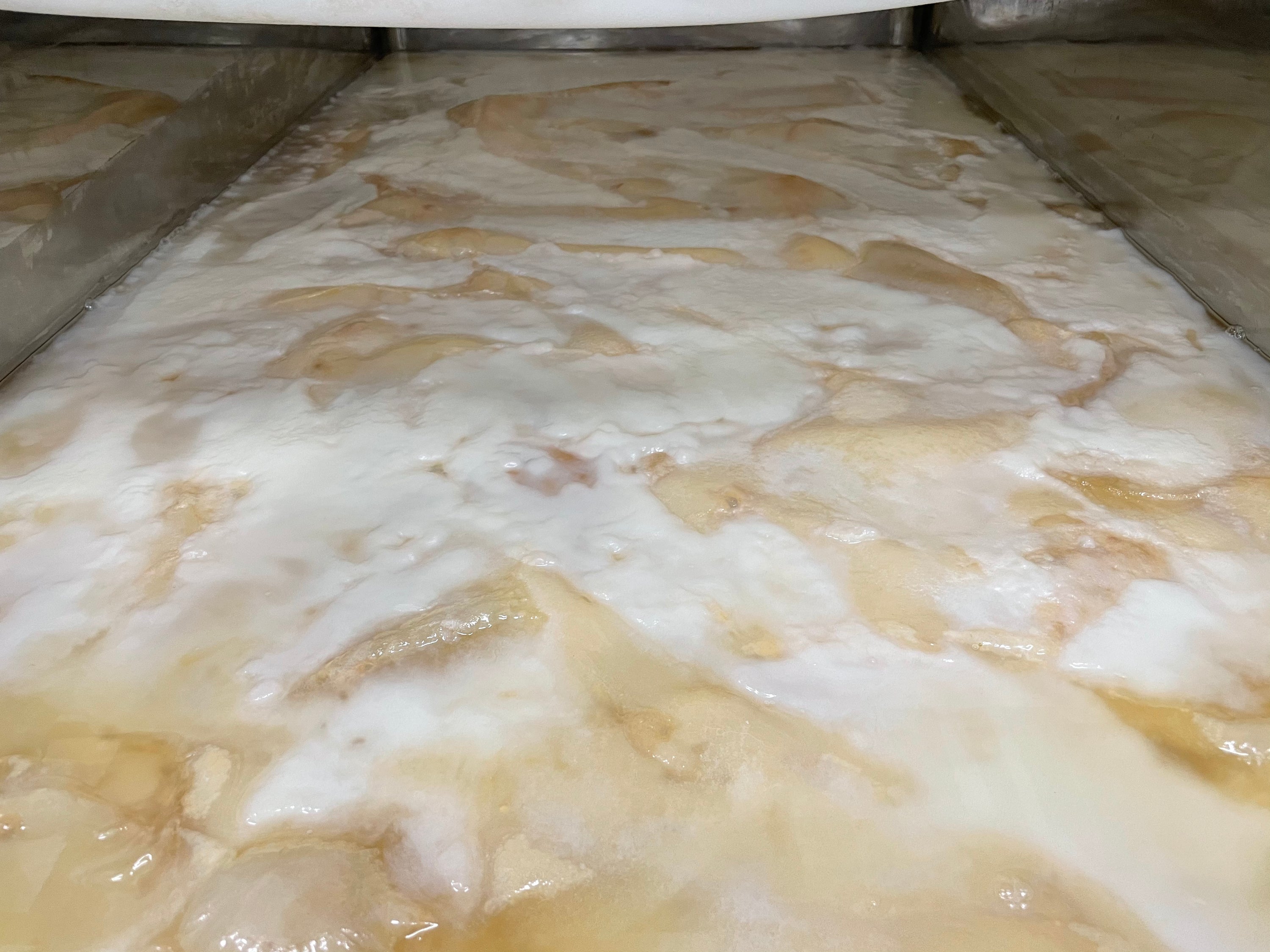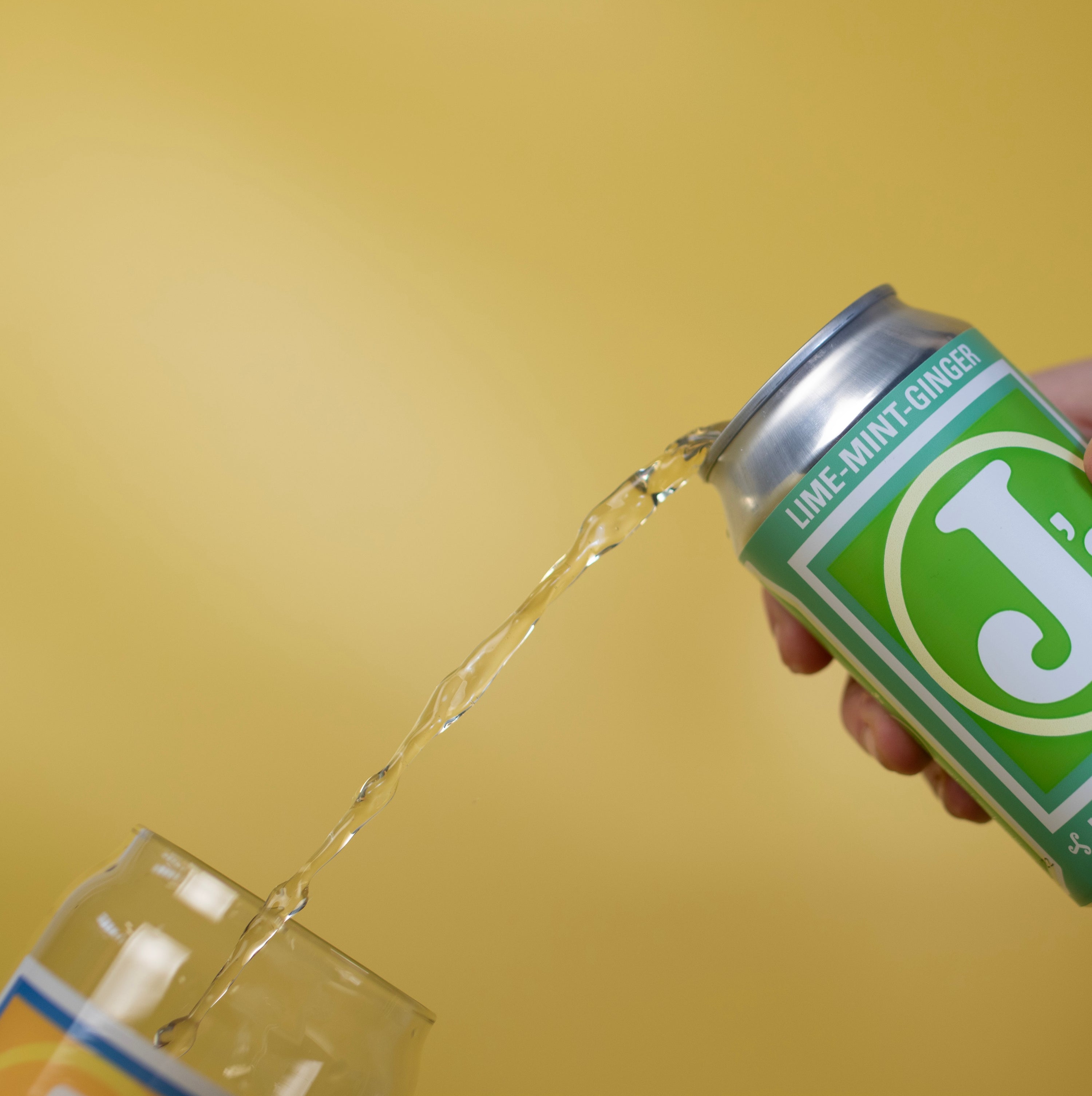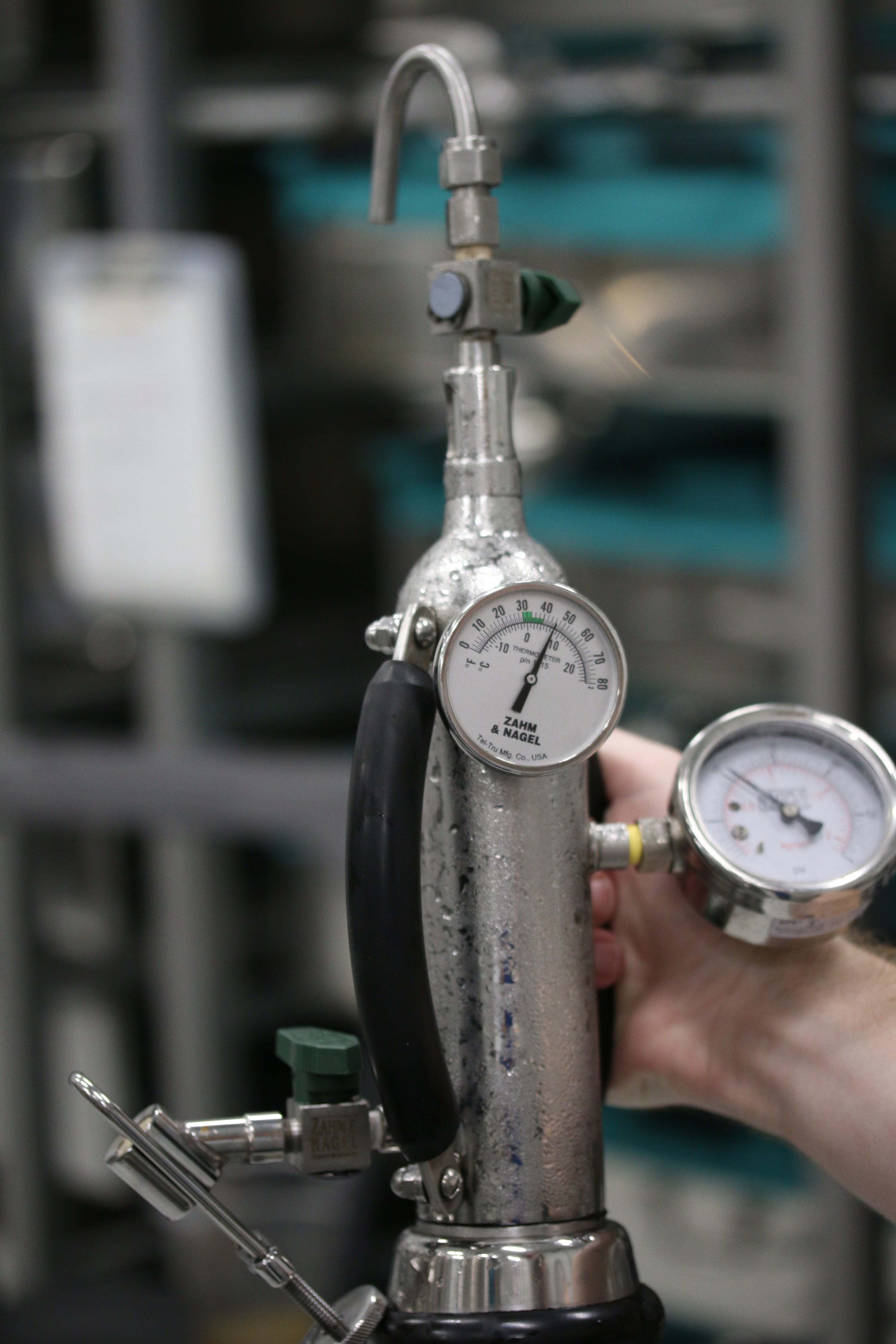KOMBUCHA FAQ
-
J’s Kombucha ships to all US states, excluding Alaska and Hawaii. To locate J’s Kombucha products in stores near you, use theJ's Kombucha Locator. J's Kombucha also offers customer pickup in Saint Paul. More details about shipping and customer pickup can be found on ourshipping policy.
-
J's Kombucha is available through UNFI for grocery stores and coops. J's NA Distribution delivers J's Kombucha to restaurants, cafes, breweries and other locations in the metro and greater MN, contact us for more information.
-
Kombucha (kuhm·boo·chuh) is a non-alcoholic beverage produced by fermenting sweetened tea using a symbiotic culture of bacteria and yeast (SCOBY). The result is a slightly tart, sweet, & effervescent probiotic beverage linked to a wide range of health benefits.
-
SCOBY is an acronym for “Symbiotic Culture of Bacteria and Yeast” used in the production of kombucha. A SCOBY sits atop a fermenting batch of kombucha at the vessel’s air-liquid interface and is formed from the bacteria and yeast living inside the cellulose-based biofilm, which convert the sweetened tea into kombucha.
-
Occasionally, solids can be found in kombucha that are strings of yeast, or cultural strands. J's Kombucha strains each batch to eliminate as much as possible, but they still appear on occasion and are not cause for alarm.
-
There is less than .5% alcohol in J’s Kombucha, which is a small amount compared to beer, which typically has 4-7%. J’s Kombucha is brewed in kombucha-specific symbiosis fermenters from Stout tanks and Kettles to ensure there is less than .5% alcohol. Stout's “kombucha-specific shape provides a balanced environment for both the Saccharomyces yeast and the Acetobacter bacteria strains. Ethanol is metabolized to acetic acid much faster, promoting faster and more complete fermentation. Balance of symbiosis is shifted toward bacteria, reducing overall alcohol production, and yielding better flavor profiles. Individual trays provide contact to oxygen, allowing the aerobic bacteria to metabolize ethanol to acetic acid, sugars to lactic acid, and glucose to gluconic acid.” * (*Source:Stout Tanks and Kettles)
-
J's Kombucha contains a small amount of caffeine; a 12 oz can contains around 11mg (32ppm).
-
J’s Kombucha is not pasteurized. The pH of kombucha is naturally antipathogenic and contains beneficial microorganisms that make pasteurization unnecessary. Pasteurizing kombucha would also be harmful to the beneficial living culture and ferments within it.
-
Although there have been reports of side effects from drinking kombucha, such as upset stomachs, they are rare, and more often than not involve improper storage or production practices. J's Kombucha uses stainless-steel vessels, and a rigorous cleaning and sanitation program to avoid contamination and spoilage. At J’s, we monitor our kombucha from start to finish. While every individual is different, and we cannot guarantee how kombucha will interact with everyone, our advice if you're unsure is to take it slow and enjoy it at your own pace. Consult your doctor if you have additional concerns.
-
Kombucha must be kept refrigerated (between 33° and 41° F) to retain the best quality and flavor. J’s Kombucha contains living culture and ferments that have slowed by a lower temperature that causes the microorganisms to go dormant. When the temperature begins to rise, the microorganisms will take back up their fermentation, and the container may gush or leak if left unrefrigerated as a result. If stored in proper conditions, kombucha can last for up to 12 months or longer.
-
J's Kombucha has a "packaged on" date rather than a "best by" date because it doesn't have a firm expiration date when properly stored. For optimal flavor, we recommend J's Kombucha be enjoyed within 8 months after it is packaged. However, while there may be flavor fallout over time (some fruits and herbs have more longevity than others), kombucha can continue to be consumed, and in some cases, is just as good after 12 months as the day it was canned. If you’re concerned your kombucha may no longer be safe to consume, give it a smell and small taste test. If there are no foul odors, and it tastes similar to other kombucha, it’s generally safe to drink.
-
Yes! Consult your doctor if you have additional concerns.
-
Yes! Consult your doctor if you have additional concerns.
-
J's Kombucha is not a certified organic product, but we are committed to using high-quality, non-GMO, pesticide-free ingredients: the tea, fruit, herbs, and sugar we use are all certified organic. We hope to obtain our organic certification in the future.
-
Kombucha is brewed anywhere from 7-30 days depending on production conditions and the desired finish. At J’s, our initial ferment lasts 7-8 days. A secondary ferment occurs for an additional day for flavoring, where organic herbs and cold-pressed juice is added. After the secondary ferment, we strain, cold crash, and condition our kombucha for at least 2 days.
-
J’s Kombucha is available in aluminum cans because they're highly recyclable, shatterproof, airtight, lightweight, and since kombucha is light sensitive, the light-proof protection offered by the aluminum cans helps keep the kombucha fresh until it is ready to be enjoyed.
-
CanCollars are a durable (poly-coated paperboard) 6-pack solution used for our 12 oz cans. They contain 95% less plastic than plastic rings or handles, and are recyclable at facilities where poly-coated paper products like frozen food boxes and paper plates are accepted.
-
J's Kombucha received SQF (Safe Quality Food) certification in May 2025.
-
J’s Kombucha offers direct shipping using “Green Cell Foam” packaging rather than Styrofoam.Green Cell Foamis a unique thermal shipping solution featuring an insulation material made from corn. When it is no longer needed, the Green Cell Foam can be separated from the cardboard box, then composted, burned, or dissolved in water making itGreen Cell Foam, one of the most environmentally sustainable and functional packaging materials available.








